1-800-397-1392
Today's Hours 8am - 9pm est
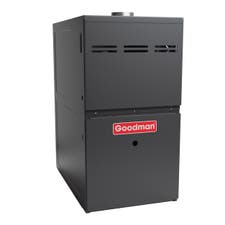

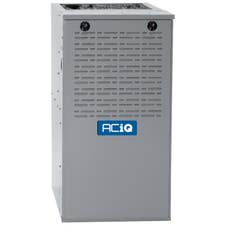

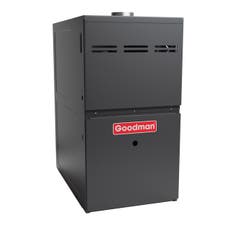



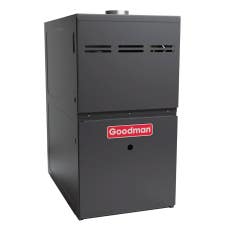







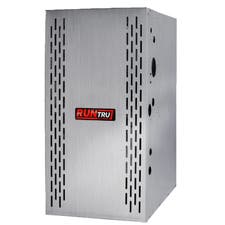
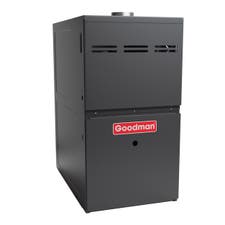


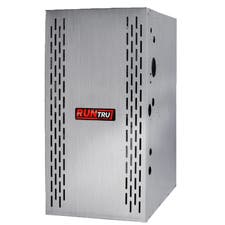
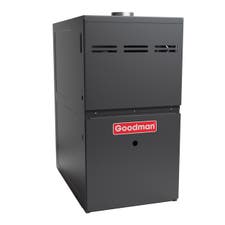
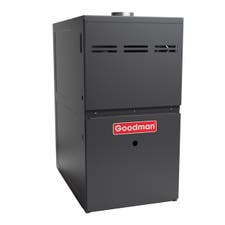
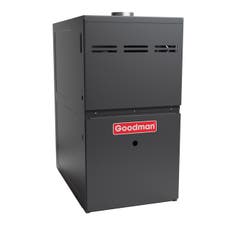

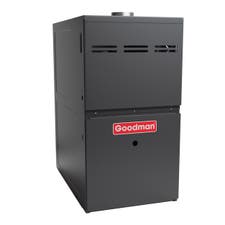
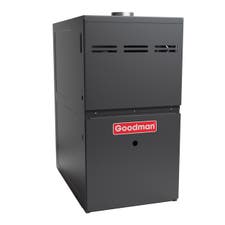








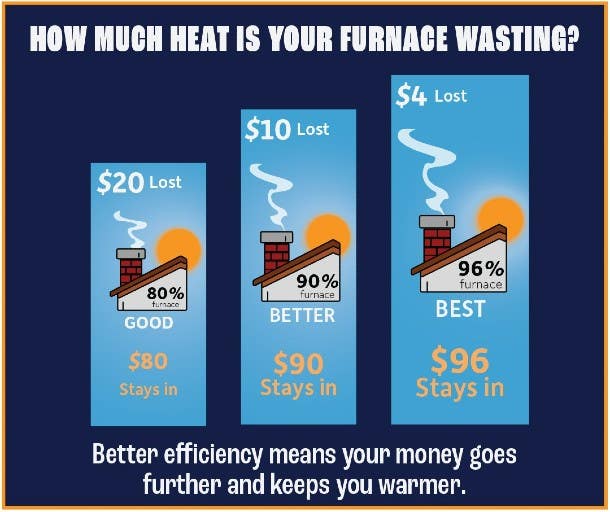
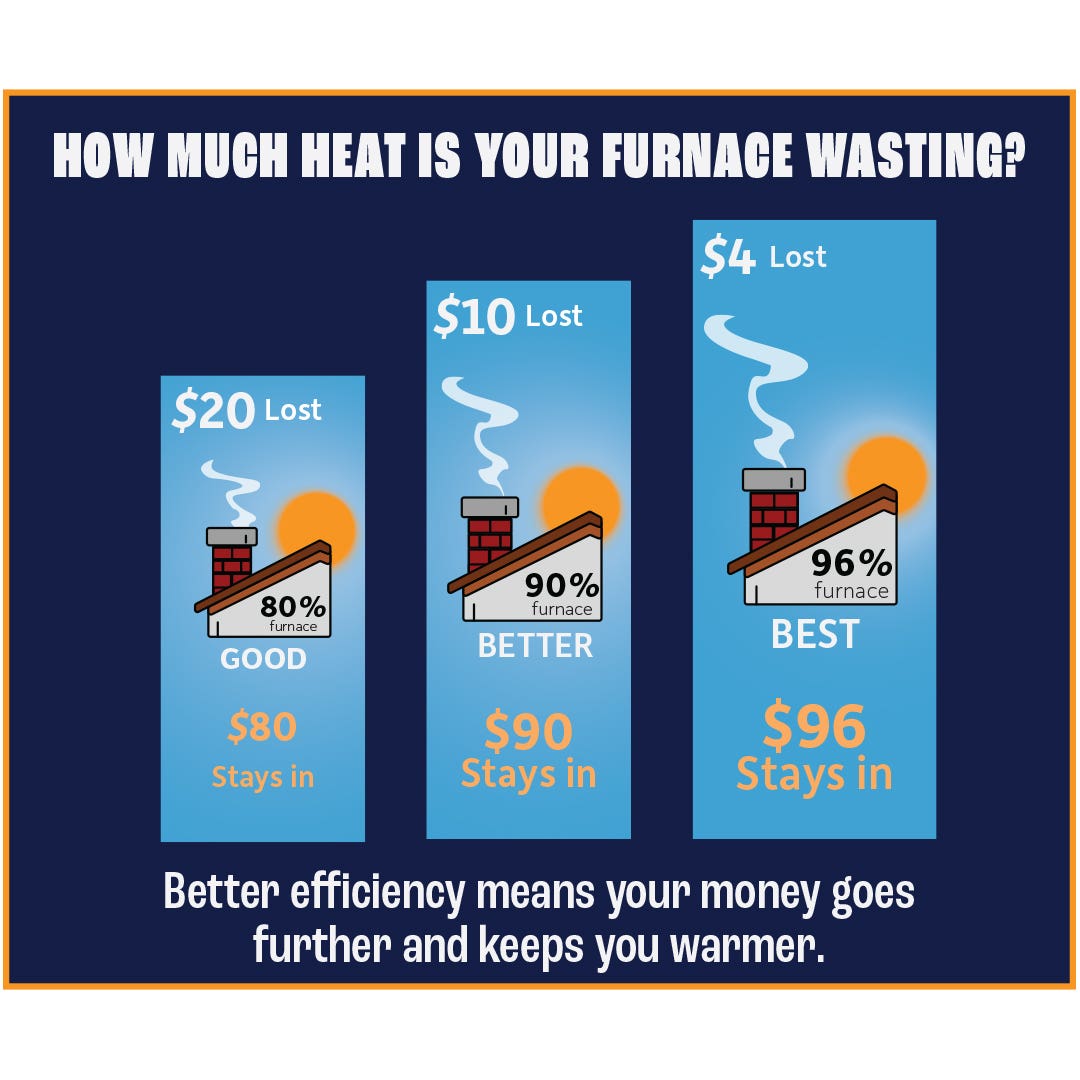
When it’s cold outside, you expect dependable and efficient heat. If your old heating system has seen better days and it’s time to buy a new gas furnace, there’s no law saying you have to purchase a new one from your installer. When you get a residential furnace online at HVACDirect.com, you can save thousands of dollars. Then you simply have a certified professional install it for you.
Online shopping lets you choose from the convenience of your home or business. None of our employees work on commission, so you’ll encounter no high-pressure sales tactics here. Long into the future, a new gas furnace will compound your savings, bill after bill.
We carry a sizable selection of heating furnaces from leading brands you can trust, like Goodman Furnaces and ACiQ Furnaces. Our furnace selection contains all shapes, sizes, and configurations, from horizontal models that you can install in your attic to upflow models you install in your basement. You can find just the right replacement furnace or heating system to suit your home and budget. When you buy a furnace online, you can enjoy significant savings — especially when you choose from our inventory of High-Efficiency Furnaces.
Each of our 80% and high-efficiency natural gas furnaces can be converted to a propane furnace by using a liquid propane conversion kit, available on all models except ultra low NOx furnaces. Shop our selection of brand-name furnaces and use the shop-by filters at left to choose your furnace efficiency, BTUs and other custom features.
There is a lot of variability to furnace costs, such as the upfront cost you pay when you buy the actual furnace, the cost to install it, and the gas bill you will be paying from using it. The upfront cost is simple to understand - the more special features a furnace has, the higher the price. Installation costs depend on the area you live in, what is being installed, and the contractor or contracting company used for it. A rough ballpark estimate for the installation cost will typically fall in the $1500-$2500 range. Unfortunately, there isn't a simple estimate that can be given for your gas bill. Too many factors come into play to determine what running your furnace will cost you, such as gas prices, how often it gets used, area you live in, the furnace's fuel efficiency, and so on.
A furnace typically has a lifespan of 15 to 20 years. Any issues your furnace experiences will affect how long it lasts. This can include mechanical issues, failure to heat your home efficiently due to rennovations, and a sudden increase in energy bills due to the furnace working overtime to meet heating needs. If you are experiencing any of these issues with yours, you may need to start looking into Replacing Your Furnace.
New gas furnace prices will seem like a bargain when you consider the heating costs caused by outdated systems. Older furnaces have inefficient blower motors and even less efficient AFUE (Annual Fuel Utilization Efficiency rating). Regardless of when and how you want to replace your furnace, consider the cost of the new equipment and the efficiency of the furnace and what that will save you in the long term.
You should have your furnace serviced once a year when the unit is in prime condition, more often when it starts showing signs of aging. The best time to service a furnace is prior to the beginning of heating season.
Routine servicing of a furnace ensures it performs at peak output with minimal effort. Furnaces that fight against themselves, attempting to push air through blocked or occluded airways, generating heat with nowhere to go and struggling with dirt and grunge on their moving parts use more energy and usually succumb to failure way before their time. Failure to service a furnace generally results in higher energy bills, increases the risk of fire or carbon monoxide poisoning and voids the warranty for virtually all brands of equipment.
The frequency may vary depending on what the manufacturer says, but ideally a furnace's filter should be changed monthly. This will ensure your home has the best possible air quality and keep your furnace is performing at its peak. If you don't change your filter for a long period of time, the air in your home may become contaminated and affect your health. It will shorten your furnace's lifespan. If you need a new filter for your furnace, we offer a wide selection of them for Goodman and ACiQ furnaces available here at HVACDirect.
BTU is the abbreviation for British Thermal Unit. It measures the heating output of a furnace or any other typical heat source. The higher the BTU output, the more heat. Most homes will have a furnace with an output of 60,000 – 100,000 BTUs. When shopping for a furnace, several factors will determine the ideal size. House size and geographic location are the two primary factors. Others include ceiling height, window quantity and sizes, and how insulated the house is.
You calculate furnace size by multiplying the square footage of the house by the heating factor – a value based on climate factors expressed in BTUs. For example, a 2,000 square foot house in a region that has a heating factor of 30 (mild winters) would require a unit with a heating capacity of 60,000 BTUs. To make this a little easier, we’ve developed an HVAC System Sizing Guide to help you determine the size system and options you need for your climate and conditions.
There are other factors to consider and account for, including insulation, age of the house, ceiling height and doors and windows. These might not require a major adjustment but should not be overlooked. Ceiling height is particularly noteworthy. Experts recommend increasing your BTUs by 25% if your home has vaulted ceilings throughout. (The standard ceiling height is eight feet. Few homes have ceiling heights that consistently exceed eight feet. Perhaps one room – a dining room or formal living room - would have a vaulted ceiling, but the other rooms would likely have standard ceiling heights.)
With furnaces, bigger is not necessarily better. First off, the more BTUs a furnace produces, the greater its initial cost, and the more energy it will use while it is running. Secondly, the runtime of an over-sized unit will be shorter, and may not allow for sufficient dehumidification.
Our dedicated staff works hard to ensure that all orders are handled quickly and efficiently to ensure that you get what you ordered as quickly as possible.
We provide a secure online shopping experience to protect your information. We also provide the option to checkout with PayPal to allow you to use a checkout service you are familiar with.
We provide you great prices so you can save your money for the more important things in your life.